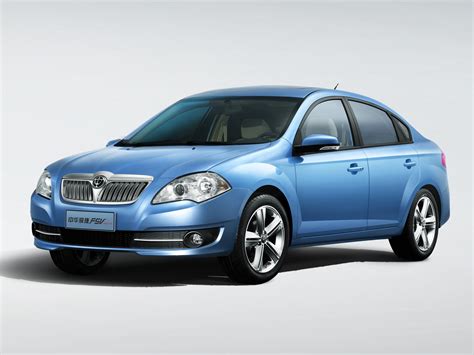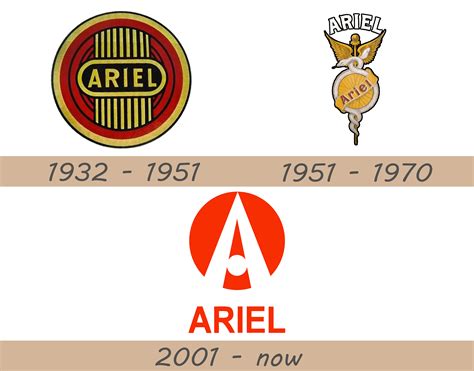Explore the founding and growth of Nissan, from the 1930s to global expansion, innovations, and future plans in the automotive industry.
Founding of Nissan
Contents
The founding of Nissan can be traced back to 1911, when a company known as Kwaishinsha Motor Car Works was established in Tokyo by Masujiro Hashimoto. The company produced its first car, the DAT, in 1914. In 1928, the firm was reorganized and rebranded as Jidosha Seizo Co., Ltd. This new entity was tasked with manufacturing and selling automobiles under the Datsun brand. However, it wasn’t until 1933 that the company officially came to be known as Nissan Motor Co., Ltd. This change in name was brought about by the company’s plan to expand its operations globally.
In the early years, Nissan focused on producing small cars, which was in line with the demand at the time. The company’s focus on innovation and expansion allowed it to flourish and establish itself as a prominent player in the automotive industry. The history of Nissan is closely tied to its roots and the determination of its founders to create a successful and influential company in the automotive sector.
Today, Nissan is a renowned global brand, known for its commitment to producing high-quality vehicles that cater to a wide range of customers. The company’s journey from its humble beginnings to its current status as a major player in the automotive industry is a testament to its dedication and perseverance over the years. The founding of Nissan laid the groundwork for the company’s future success and continued growth.
In conclusion, the foundation of Nissan was a pivotal moment in the history of the automotive industry. The company’s roots can be traced back to the early 20th century, and its evolution over the years has been nothing short of remarkable. The founding of Nissan set the stage for the company’s rise to prominence and its status as a global leader in the automotive sector.
Growth in the 1930s
In the 1930s, the Nissan Car Company experienced significant growth in both production and sales. The company’s commitment to quality and innovation helped them establish a strong presence in the automotive industry. During this time, Nissan expanded its product line to include a wider range of vehicles, catering to a broader customer base.
Additionally, Nissan’s focus on international expansion during the 1930s allowed the company to tap into new markets and reach a larger audience. This expansion strategy set the stage for Nissan’s future success as a global automotive powerhouse.
As demand for cars grew, Nissan implemented advanced manufacturing techniques to increase production efficiency. This resulted in a higher output of high-quality vehicles, cementing the company’s reputation as a leader in the automotive market.
Overall, the 1930s marked a period of tremendous growth for Nissan, positioning the company for continued success in the years to come.
Post-War Expansion
After the end of World War II, Nissan faced significant challenges as Japan’s economy struggled to recover from the devastation of the war. However, under the visionary leadership of then-President Yoshisuke Aikawa, the company embarked on a strategy of post-war expansion. This involved diversifying its product line and focusing on innovation to meet the needs of a rapidly changing global market.
One of the key initiatives during this period was the development of new and improved vehicles to meet the demands of consumers. Nissan began to produce more affordable and fuel-efficient cars, which proved to be a successful strategy in the post-war years. The company also expanded its production facilities and streamlined its operations to increase efficiency and meet growing demand.
In addition to domestic expansion, Nissan also sought to establish a presence in international markets. The company began exporting its vehicles to various countries around the world, laying the foundation for its global expansion in the years to come. This marked a significant milestone in Nissan’s history, as it transitioned from a domestic automaker to a global player in the automotive industry.
Furthermore, Nissan’s post-war expansion efforts were not limited to just production and sales. The company also invested in research and development to drive innovation in automotive technology. This led to the introduction of groundbreaking technologies and features in Nissan vehicles, further strengthening its position in the global market.
Overall, Nissan’s post-war expansion was a pivotal period in the company’s history, as it navigated through the challenges of the post-war era and emerged as a global automotive powerhouse. The forward-thinking strategies implemented during this time laid the groundwork for the company’s continued success and set the stage for future innovations and advancements in the automotive industry.
Global Expansion
Nissan Car Company’s global expansion began in the 1950s when it started exporting vehicles to other countries. The company was quick to establish a presence in key international markets, such as the United States and Europe, where it set up manufacturing plants to cater to the growing demand for its vehicles. This marked the beginning of Nissan’s transformation from a domestic Japanese automaker to a global player in the industry.
In the following decades, Nissan continued to expand its global footprint by venturing into emerging markets in Asia, Latin America, and the Middle East. The company’s decision to invest in these regions proved to be strategically sound, as it allowed it to tap into new customer bases and gain a competitive edge over its rivals. Nissan’s commitment to global expansion was further emphasized by its acquisitions and partnerships with other automakers worldwide, which helped it strengthen its market position and product portfolio.
By the early 21st century, Nissan had firmly established itself as one of the leading automobile manufacturers on a global scale. The company’s continued investment in research and development, as well as its focus on producing eco-friendly vehicles, played a key role in its success. This commitment to sustainability also enabled Nissan to capitalize on the growing demand for electric and hybrid cars, further cementing its status as an innovative and forward-thinking company.
Today, Nissan continues to operate in over 100 countries, with a vast network of manufacturing facilities, research centers, and sales outlets. The company’s global expansion has not only contributed to its financial success but has also made it a formidable player in the automotive industry. Moving forward, Nissan is poised to further strengthen its global presence by leveraging new technologies and partnerships to cater to the evolving needs of consumers worldwide.
Innovations and Future Plans
Nissan has always been at the forefront of automotive innovation, constantly striving to push the boundaries of what is possible in the industry. With the rise of electric vehicles, Nissan introduced the revolutionary Nissan Leaf, the world’s first mass-market electric car. This paved the way for a new era of sustainable transportation, and Nissan continues to invest heavily in electric vehicle technology.
Looking towards the future, Nissan has ambitious plans to further innovate and expand its product lineup to include more electric vehicles and autonomous driving features. The company is dedicated to advancing the technology in its vehicles to improve safety, efficiency, and overall user experience.
One of the key innovations that Nissan is focusing on is connected car technology, which aims to seamlessly integrate vehicles with smart devices and the Internet of Things (IoT). This will enable drivers to have more control and personalization over their vehicles, as well as access to a wide range of connected services.
Nissan also aims to revolutionize the manufacturing process through the use of advanced robotics and artificial intelligence to increase production efficiency and quality control. This commitment to innovation and cutting-edge technology will ensure that Nissan remains a leader in the automotive industry for years to come.












